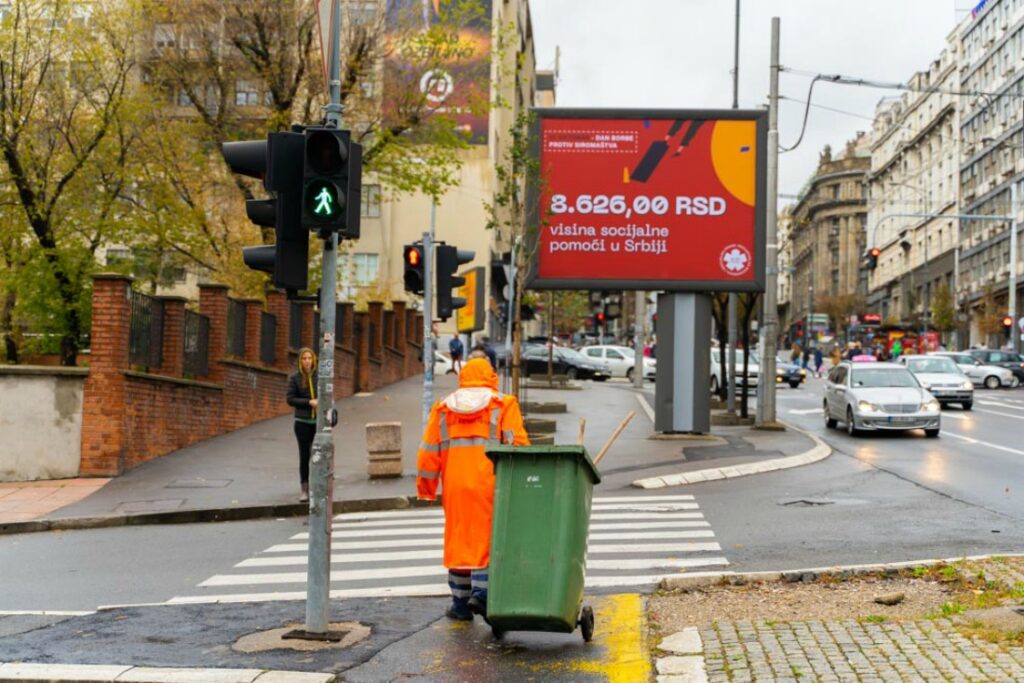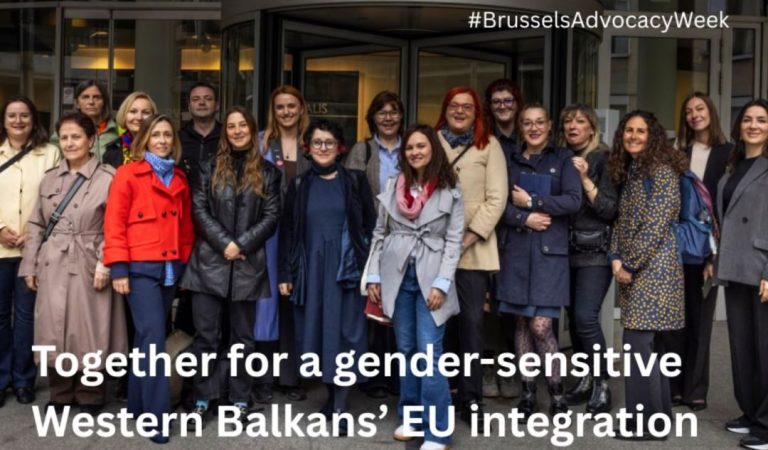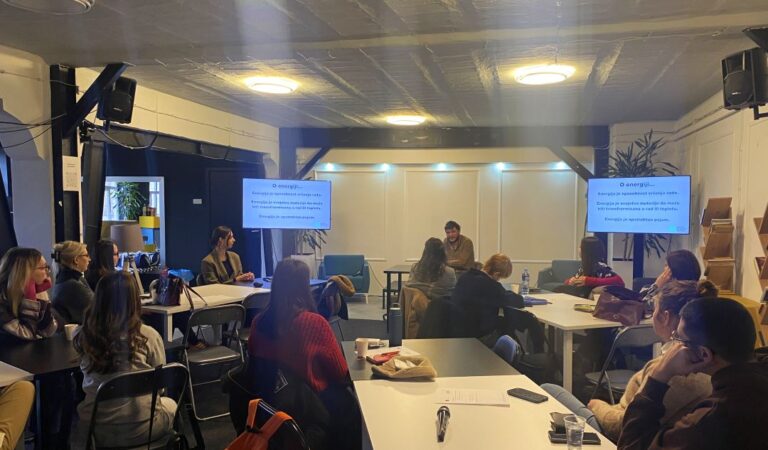Serbia is one of the countries with the highest inequality in Europe, countries in which households are extremely financially burdened by housing costs and is the only one in the region that has not organized any special social policy measures for the poorest during the first wave of the corona crisis.
These are the data with which Serbia marks October 17, 2020 – International Day for the Eradication of Poverty and enters a new phase of economic and health crisis caused by the corona virus epidemic.
“The burden of the crisis in our country will be paid by the poorest among us, and that is the decision of this state. That this is a conscious decision is shown by the fact that the Government of Serbia, the only one in the region, has not adopted any social policy measures for the protection of the most endangered”, says Danilo Ćurčić from the A 11 – Initiative for Economic and Social Rights, on the occasion of International Day for the Eradication of Poverty.
In the countries in the region, special measures to protect the most vulnerable have been introduced. The World Bank data, quoted by the Social Inclusion and Poverty Reduction Unit of the Government of the Republic of Serbia, say that “Northern Macedonia, Albania and Kosovo have expanded the scope of social assistance beneficiaries” during the COVID-19 crisis, and that Northern Macedonia has extended its energy supplement entitlement for five months. In Bosnia and Herzegovina, some local governments provided financial assistance to the socially vulnerable, and in Kosovo, additional financial assistance was paid for three months for pensioners with the lowest pensions, for households without formal income and workers who lost their jobs during that period. Albania subsidized with 300 euros workers who lost their jobs.
However, poverty in Serbia is ubiquitous and the victims of poverty are not only the most socially endangered citizens. This is a huge percentage of the population, perhaps even the majority working for a minimum or less, without adequate protection of their economic and social rights.
On the occasion of the International Day for the Eradication of Poverty, we remind you of some of the current data that illustrate how we live:
- The minimum wage in Serbia is 32,126.00 RSD and is received by about 350,000 workers, which is about 15 percent of all employees. For the sake of comparison, in Slovenia the minimum amount is received by 4% and in Croatia by 2% of employees. In Slovenia, the minimum wage is around 900 euros and is only 300 euros lower than the average salary. (source UGS “Independence”)
- The minimum consumer basket is 37,500 RSD and, although paradoxically, it is higher than the minimum wage.
- 20 percent of the richest have ten times the equivalent income (household income distributed to household members) than 20 percent of the poorest.
- According to the Commitment to Reducing Inequality Index, Serbia is at the bottom of Europe and 84th on the list of 154 countries in the world.
- 66% of households in Serbia are financially burdened with housing costs (Eurostat, 2018).
- Last year, there were 226,897 social assistance beneficiaries in Serbia.
- The nominal amount of financial social assistance for an individual in Serbia is RSD 8,626.00.
- Tens of thousands of social assistance beneficiaries have been forced into free forced labor in order not to lose their right to social assistance. Such a concept of “work activation” is not known anywhere in Europe.
The A 11 Initiative calls on the government to redistribute the burden of the crisis, reduce growing inequality in society and reduce poverty in Serbia by implementing a more responsible social policy, and calls on citizens to fight for their economic and social rights openly and fearlessly.



